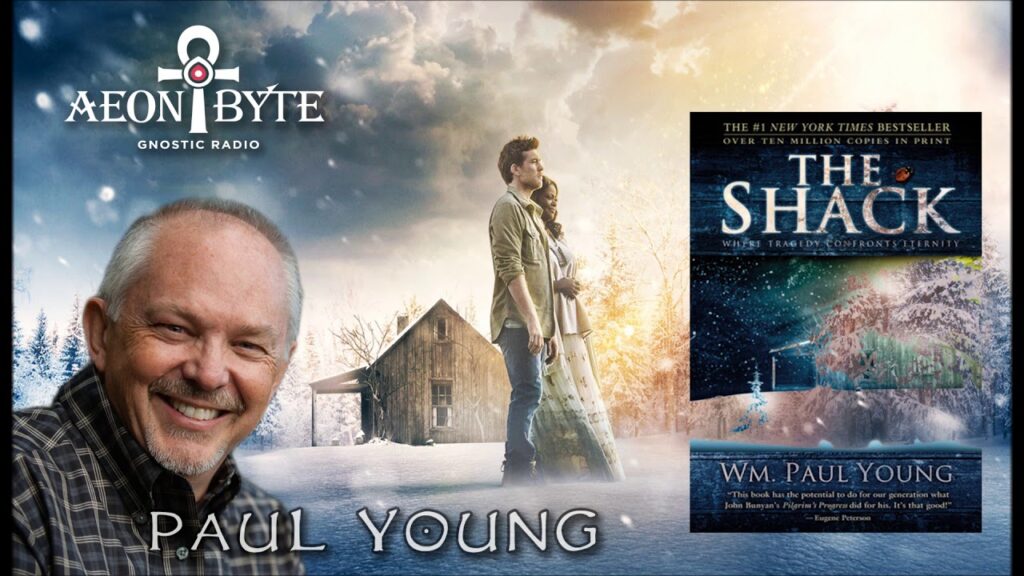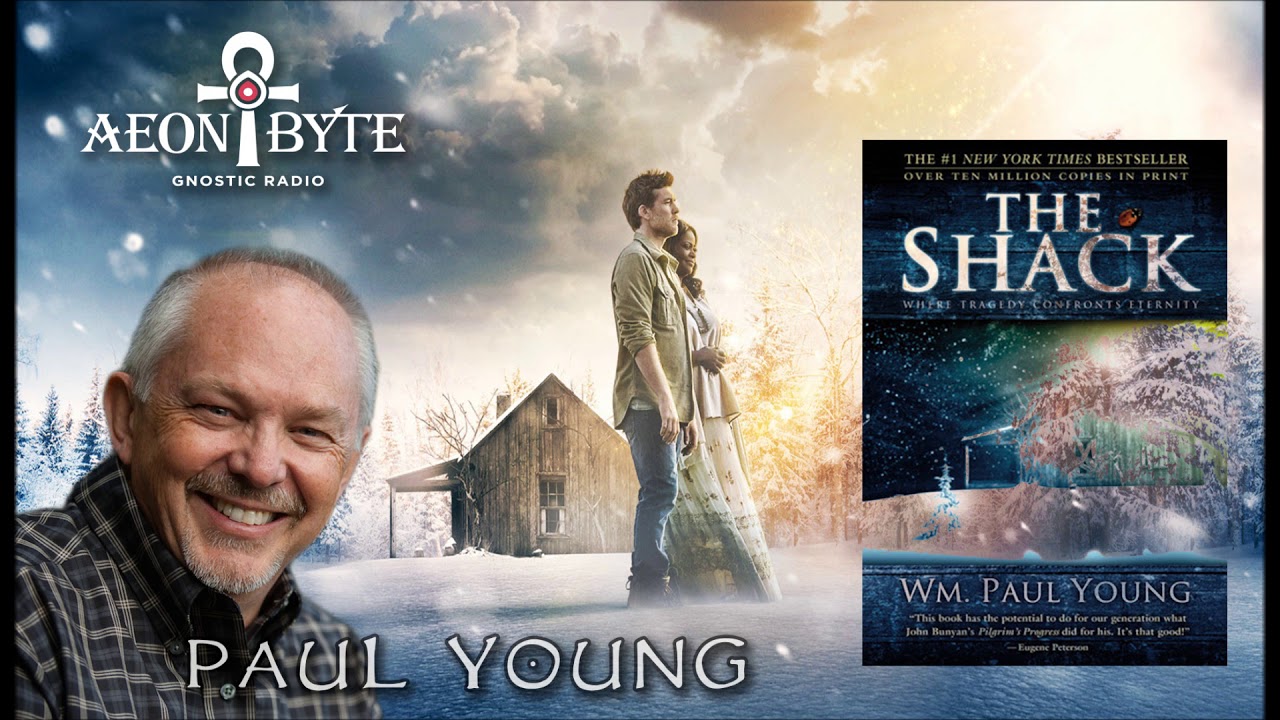
The Shack Novel: Exploring Faith, Grief, and Forgiveness
William P. Young’s *The Shack* novel, published in 2007, has become a cultural phenomenon, sparking both fervent praise and intense criticism. This article delves into the key themes, narrative structure, and enduring impact of *The Shack* novel, examining why it resonates with so many readers while also attracting significant controversy. We will explore the book’s exploration of faith, grief, and forgiveness, and its presentation of complex theological concepts in an accessible, albeit unconventional, manner.
Synopsis of The Shack Novel
*The Shack* novel centers on Mackenzie Allen Phillips, a man grappling with profound grief after the abduction and presumed murder of his youngest daughter, Missy. Four years after the tragedy, Mack receives a mysterious invitation, seemingly from God, to return to the shack where Missy’s bloodied dress was found. Hesitantly, he accepts, and finds himself spending a weekend with God, who appears in the form of the Holy Trinity: Papa (God the Father), Jesus, and Sarayu (the Holy Spirit). This encounter challenges Mack’s deeply held beliefs, forces him to confront his pain, and ultimately leads him on a journey of healing and reconciliation. The *The Shack* novel uses this narrative framework to explore complex theological questions in an approachable way.
Key Themes Explored in The Shack Novel
Faith and Doubt
A central theme in *The Shack* novel is the struggle between faith and doubt. Mack’s faith is severely tested by Missy’s death, leading him to question God’s existence and goodness. His time at the shack becomes a process of wrestling with these doubts and rediscovering his faith through direct interaction with the Trinity. The *The Shack* novel doesn’t shy away from portraying the raw and painful realities of questioning one’s beliefs in the face of tragedy.
Grief and Healing
The *The Shack* novel profoundly addresses the experience of grief. Mack’s pain is palpable throughout the story, and his journey at the shack is one of confronting and processing his trauma. The novel emphasizes the importance of acknowledging grief, rather than suppressing it, as a necessary step towards healing. It suggests that healing is not about forgetting the past, but about finding a way to integrate it into one’s life and move forward. The *The Shack* novel offers a compassionate portrayal of the grieving process.
Forgiveness and Reconciliation
Forgiveness is another critical theme in *The Shack* novel. Mack must grapple with forgiving Missy’s murderer, as well as forgiving God for allowing the tragedy to occur. The novel highlights the transformative power of forgiveness, both for the victim and the perpetrator. It suggests that forgiveness is not about condoning wrongdoing, but about releasing oneself from the burden of anger and resentment. Reconciliation, both with God and with others, is presented as a key component of healing and spiritual growth. The *The Shack* novel explores the complexities of forgiveness in a deeply personal and relatable way.
Theological Interpretations and Controversies Surrounding The Shack Novel
*The Shack* novel has sparked considerable debate within the Christian community due to its unorthodox portrayal of the Trinity and its interpretation of theological concepts. Some critics argue that the novel presents a heretical view of God, particularly in its depiction of Papa as a warm, maternal figure. Others criticize its simplistic approach to complex theological issues, arguing that it oversimplifies the nature of God and the problem of evil. However, proponents of *The Shack* novel argue that it is a work of fiction intended to explore spiritual themes in a creative and accessible way, rather than a theological treatise. They maintain that its unconventional imagery and language can help readers connect with God on a more personal and emotional level. [See also: Book Reviews of The Shack]
Unconventional Depiction of the Trinity
The *The Shack* novel’s depiction of the Trinity is one of its most controversial aspects. Papa is portrayed as a large, African-American woman, Jesus as a Middle Eastern carpenter, and Sarayu as an Asian woman. This unconventional imagery challenges traditional representations of God and has led to accusations of heresy. Critics argue that it diminishes the majesty and transcendence of God. However, defenders of *The Shack* novel argue that these representations are symbolic and intended to make God more relatable and accessible to readers. They suggest that the novel’s use of diverse imagery reflects the universality of God’s love and presence. This interpretation encourages people to re-evaluate their preconceived notions about God.
The Problem of Evil
The *The Shack* novel also grapples with the problem of evil, a perennial theological challenge. Mack questions why a loving God would allow suffering and tragedy to occur. The novel offers a complex and nuanced response, suggesting that God is not indifferent to suffering, but that He works through it to bring about good. It emphasizes the importance of free will and the consequences of human choices. While the novel does not provide easy answers to the problem of evil, it offers a framework for understanding suffering within the context of faith. This exploration is central to the narrative of *The Shack* novel.
The Enduring Impact of The Shack Novel
Despite the controversies, *The Shack* novel has had a significant impact on readers around the world. It has sold millions of copies and has been translated into numerous languages. The novel’s success can be attributed to its relatable characters, its compelling storyline, and its exploration of universal themes of faith, grief, and forgiveness. It has resonated with readers who have experienced loss, doubt, and spiritual searching. The *The Shack* novel offers a message of hope and healing, suggesting that even in the darkest of times, God’s love and grace are always available. The book’s popularity led to a film adaptation, further expanding its reach. This adaptation of *The Shack* novel brought the story to a wider audience.
Film Adaptation
The film adaptation of *The Shack* novel, released in 2017, further amplified the book’s message and reach. While the film received mixed reviews from critics, it was a commercial success, demonstrating the enduring appeal of the story. The film brought the novel’s characters and settings to life, making the story even more accessible to a wider audience. [See also: Differences between The Shack Novel and Movie] The visual representation of the Trinity, in particular, sparked further discussion and debate. Nevertheless, the film adaptation of *The Shack* novel helped to solidify its place in popular culture and to continue the conversation about faith, grief, and forgiveness.
Continued Relevance
Years after its initial publication, *The Shack* novel continues to resonate with readers. Its themes of loss, faith, and forgiveness remain timeless and universally relevant. In a world marked by suffering and uncertainty, the novel offers a message of hope and healing that many find comforting and inspiring. The *The Shack* novel’s enduring popularity is a testament to its ability to connect with readers on a deep emotional and spiritual level. Whether one agrees with its theological interpretations or not, *The Shack* novel provides a valuable opportunity to reflect on the nature of faith, the experience of grief, and the power of forgiveness. The continued discussion surrounding *The Shack* novel highlights its importance as a cultural artifact.
Conclusion
*The Shack* novel is a complex and controversial work that has sparked both praise and criticism. Its unconventional portrayal of the Trinity and its exploration of theological concepts have generated considerable debate. However, its themes of faith, grief, and forgiveness resonate with readers around the world. Whether one agrees with its theological interpretations or not, *The Shack* novel offers a valuable opportunity to reflect on the nature of faith, the experience of grief, and the power of forgiveness. The enduring impact of *The Shack* novel suggests that it will continue to be a topic of conversation and reflection for years to come. The *The Shack* novel remains a significant cultural phenomenon.

